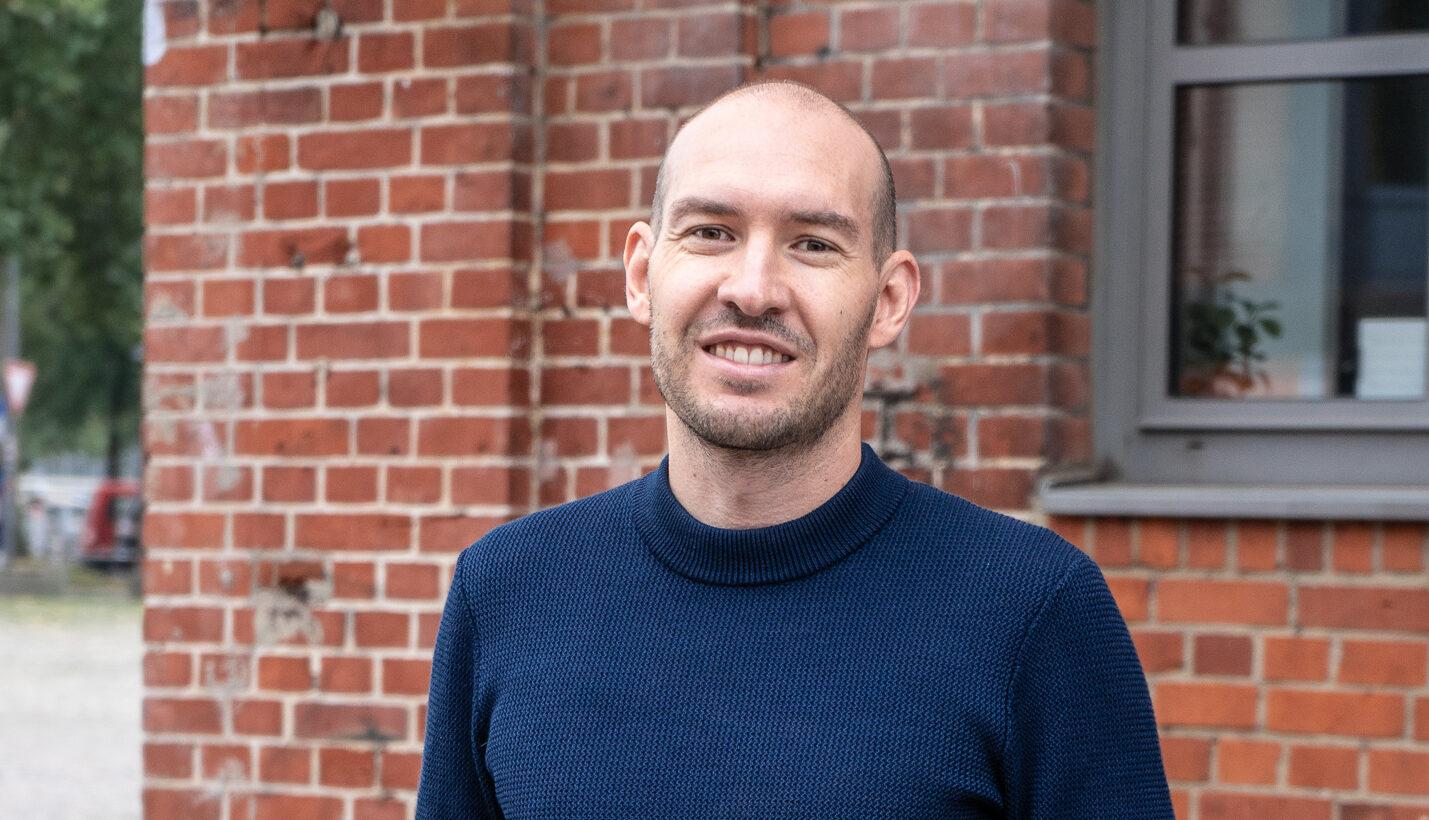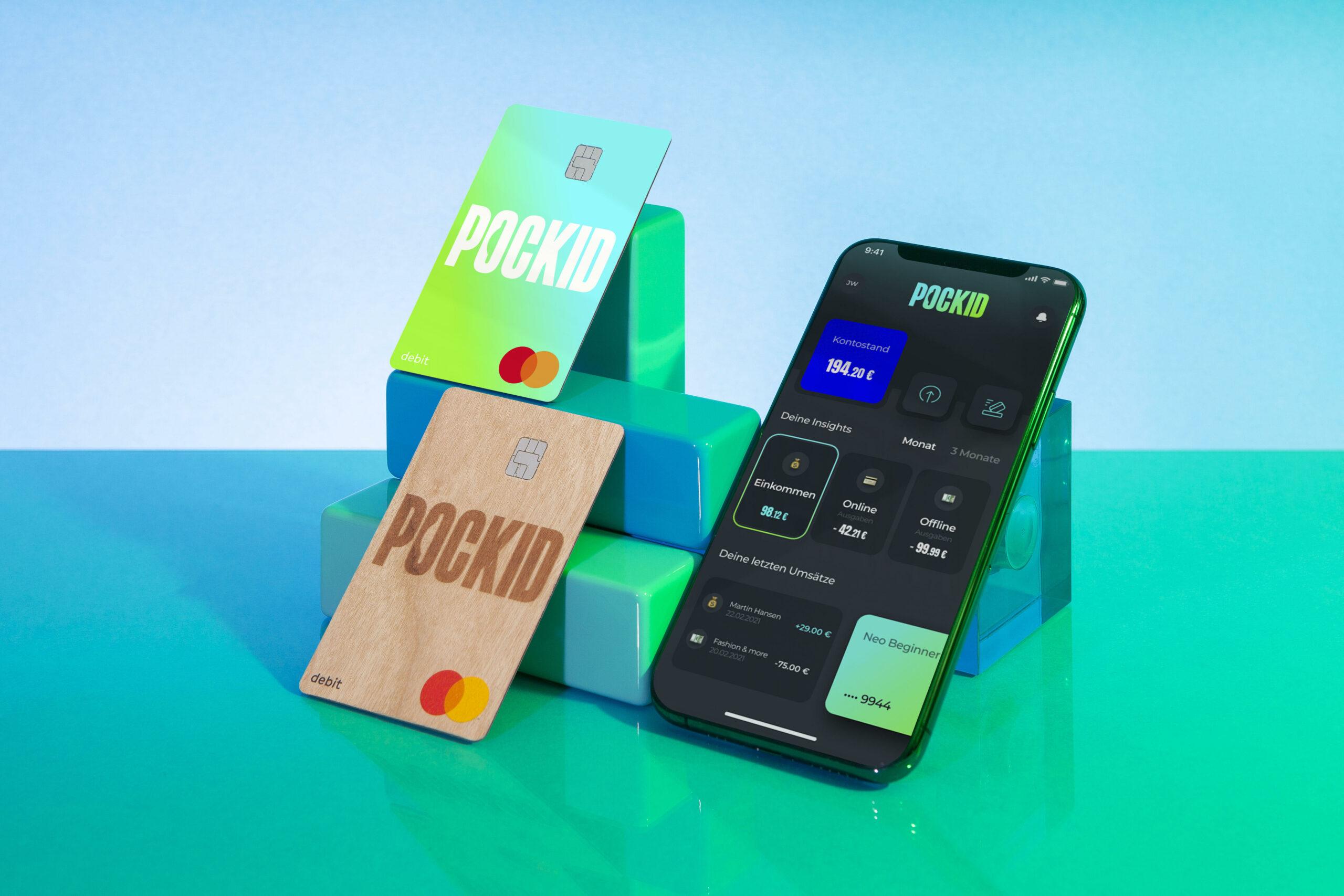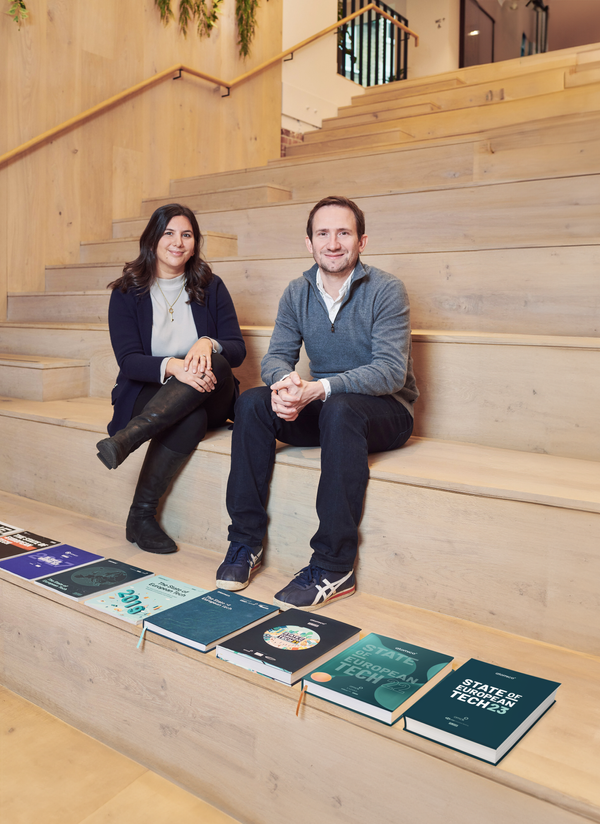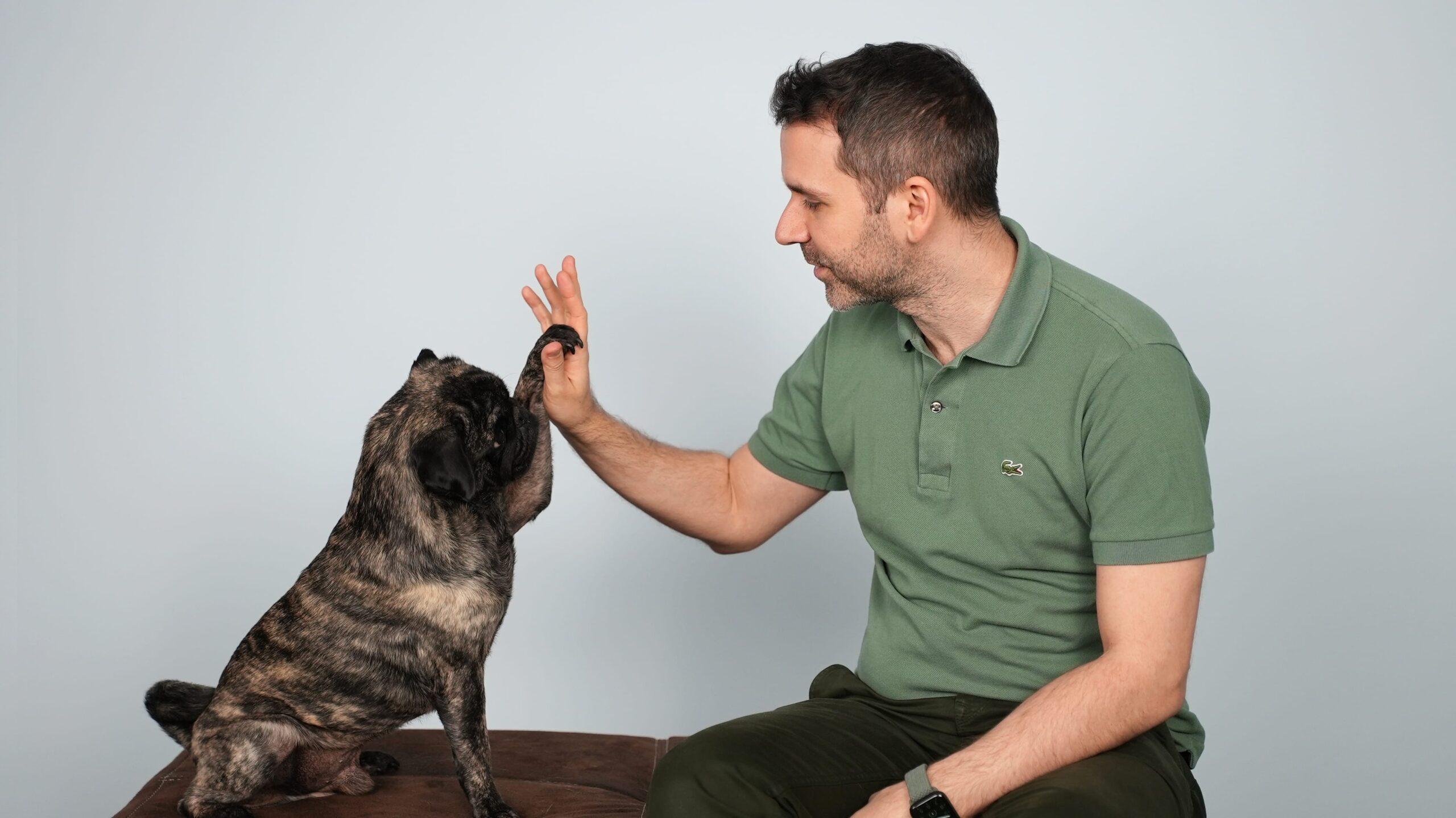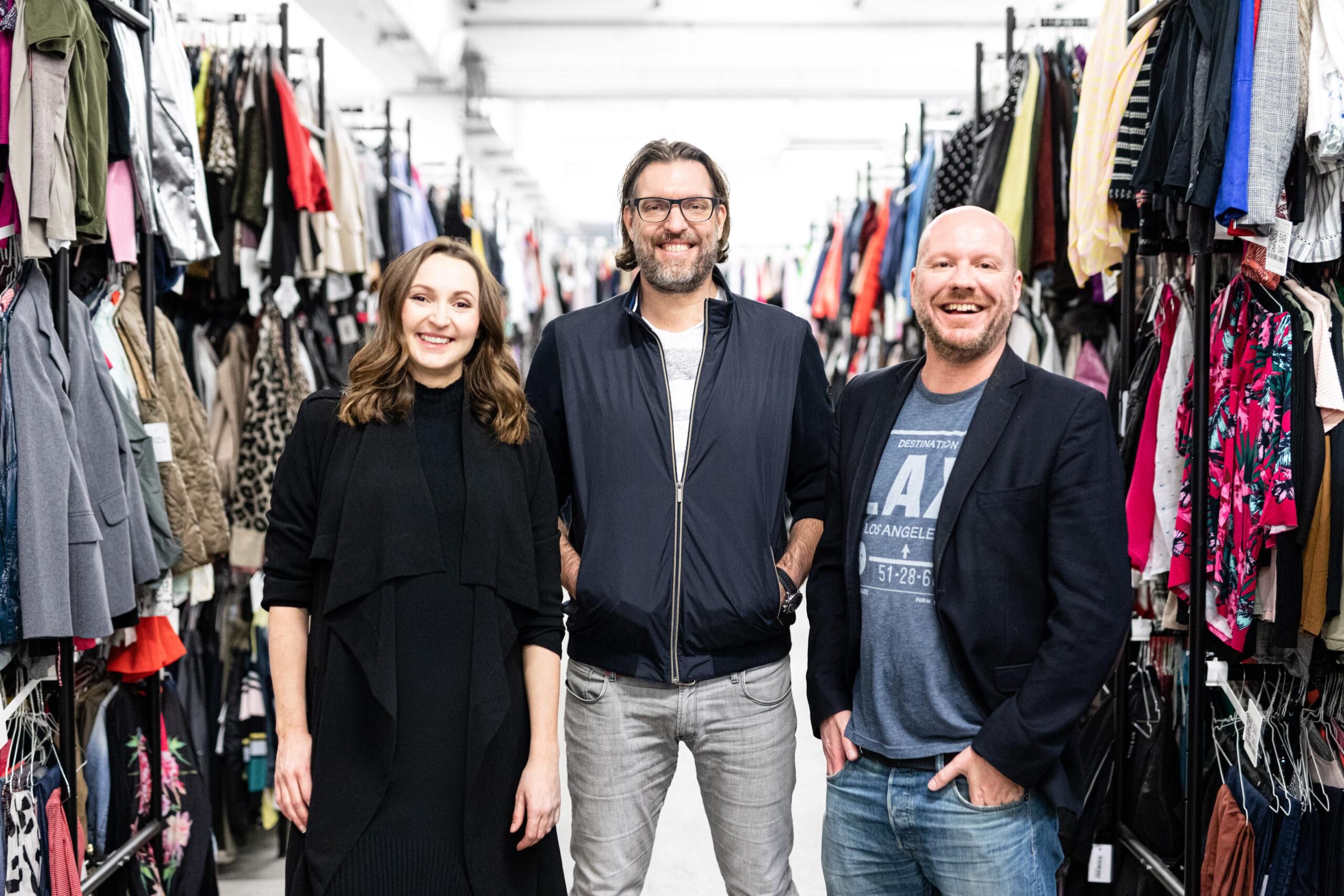Buy coffee with ETFs

The fintech Unitplus wants to make it possible to pay for one's own purchases directly with exchange-traded funds. However, the consumer advice centre still has doubts.
In recent months, ETFs, so-called exchange-traded funds, have boomed like probably never before. Billions of euros have been shoved into stock market baskets by people during the pandemic, where they are now dutifully expected to rise in value so that their pensions are secure. But why wait so long to use ETFs, thought Fabian Mohr, founder of Unitplus. His idea: a debit card with which customers pay not with the money from their savings account, but directly from their securities account. So if someone wants to buy their morning coffee at their favourite café for three euros, or even a new armchair for 300 euros, they sell their ETFs and can pay with the proceeds.
Fintech raises one million euros from investors
Investors seem to like the idea. In its first round of funding in spring 2021, Unitplus raised just under a million euros. Among them from well-known investors, such as former N26 tech boss Christian Rebernik or former Amazon Germany boss Lothar Eckstein. At the end of the year, the company wants to go live with its app. But already in the run-up, the consumer watchdog criticizes the plans. On the one hand, it criticizes the name of the associated card, on the other hand, it generally warns against people trying to pay everyday bills with ETFs within the framework of an app, as they are subject to the fluctuations of the capital market. Can the launch still succeed?
Founder Mohr came up with the idea, but expanded the founding team to include Kerstin Schneider and Sebastian Segue. Founding colleague Kerstin Schneider got to know Mohr during the stock market training course. In the summer of 2020, the third founder Sebastian Segue joined the team in Berlin. All three quit their jobs, Mohr at the fund provider Flossbach von Storch. As an equity analyst, he looked at the payment market there every day for four years. Among them Wirecard and Paypal. "So far, I haven't regretted quitting for a second," he says. His colleague Schneider quit at consultancy zeb. Sugue said goodbye to Klarna, where he was responsible for a quarter of the payment business in Germany and the whole of Switzerland. Meanwhile, the team consists of 13 people - and has big plans.
Until now, accounts and securities accounts have been separate in Germany. Because actually the depot serves for the investment and the account for the expenditures. But the capital market is changing: In the crypto sector, there are already first attempts to do without the separation with the start-up Nuri. Mohr now wants to make the same possible for ETFs. An open-banking interface will be used to analyse customers' income and expenditure from their normal accounts.
Users will be able to invest their money according to their risk profile and capital market experience.
It then determines an amount that is likely to be left over at the end of the month, which ends up in the Unitplus account. The fintech then invests the money invested in stock or bond ETFs. Depending on their risk profile and capital market experience, users can invest their money in the account. Consumers will then be able to pay with these ETFs later. If the ETFs have generated a return, it is more than before, but if the shares have fallen, there is less money left.
The first step is for the customer to go through a personal check and answer questions about their savings habits and liquidity. Based on the answers, a tailored custody account is then opened. Mohr advises investing a certain amount each month to match one's income and expenses. "We want to evaluate expenses so that we're investing based on life situations," Mohr says. "It should not be directly invested 10,000 euros," he advises. "We want to invest the money that customers do not need for daily living," says Mohr.
With the invested money from Unitplus, the user can participate in payment transactions faster than if he first had to sell ETFs. A Mastercard card can be used to pay bills at any time, even when not trading, such as on weekends. If the customer pays with his card, Unitplus sells parts of the portfolio in the background. For each purchase with the card, fees are incurred, which, as with a normal credit card, accrue to the merchant, not the customer.
Customers pay two euros per month and 0.7 percent of the money managed per year.
However, the account is not completely free, after all, Unitplus incurs costs for bridging at weekends, for example. Customers pay two euros per month and 0.7 percent of the money under management per year. So if you invest, say, 10,000 euros through Unitplus, you'll pay a management fee of 0.7 percent, or 70 euros, in addition to the two euros per month - or 24 euros a year - and end up with almost 100 euros a year.
Scherfling from the consumer advice centre has taken a close look at the concept. He recommends taking a close look at costs and benefits. First, customers should generally ask themselves whether the investment forms of Unitplus are suitable for themselves at all. "Just like the investment itself, a trading app should also fit the individual goals and preferences," says Scherfling. The consumer center is basically rather skeptical of smartphone brokers because it could tempt to gamble, with which Scherfling also targets the boom of Trade Republic. However, it is not possible to buy individual shares and derivatives via Unitplus as via other trading apps, which can at least reduce the risk, as Scherfling acknowledges. But the risk is never banished. Even Mohr says: "If you invest amounts every month, you can expect positive returns, but also downward fluctuations," he says.
This is exactly what consumer protectionists see critically. From the point of view of the consumer advice centre of North Rhine-Westphalia, it is generally daring and not recommended to invest one's liquidity reserve in a chance-oriented manner. "Even if in the past you could achieve a decent return in the long term with suitable funds, there were nevertheless again and again in part significant price collapses," says Scherfling. If such a price slump comes just when various bills have to be paid, the customer is faced with the less advantageous alternatives of selling shares and realizing losses along the way - "or having to take out an expensive overdraft facility," says Scherfling.
Consumer protectors are still sceptical
And also at the name payment card "Unitplus yield card" gives it something to criticize from view of the Verbraucherschützer. "It is not really accurate and purposeful," says Scherfling. "Because ultimately you don't use the returns to pay your bills, you reduce your capital via the sale of units," he says. Those who merely want to use the pure income, he says, could simply opt for distributing funds. "And if a sale of shares occurs as soon as I use the payment card to make a purchase, when in doubt, I don't know if it's a good time to sell and what the tax implications might be," Scherfling says.
That's probably why Mohr insists that they want to protect customers and that the money at Unitplus is just money that would otherwise be in savings accounts. In recent years, the 31-year-old has been disturbed by the fact that three trillion euros of savings lie unused in call and time deposit accounts in Germany. "It's just waiting to be spent," Mohr says. Cash and demand deposits have increased from ten to 30 percent since 2005 - despite steadily falling interest rates since 2008. In the app, customers should also be able to see what the portfolio balance looks like and how much return has been made. Based on this, they should also be able to decide how much to invest in the next month. In addition, there will be a withdrawal limit of around 2000 euros per day or based on the portfolio. "We are not a credit solution," says Mohr. But that doesn't appease consumer advocates. "It doesn't speak to the fact that you can pay for a new kitchen, a new car or the next family vacation this way," says Scherfling.
FYI: English edition available
Hello my friend, have you been stranded on the German edition of Startbase? At least your browser tells us, that you do not speak German - so maybe you would like to switch to the English edition instead?
FYI: Deutsche Edition verfügbar
Hallo mein Freund, du befindest dich auf der Englischen Edition der Startbase und laut deinem Browser sprichst du eigentlich auch Deutsch. Magst du die Sprache wechseln?





